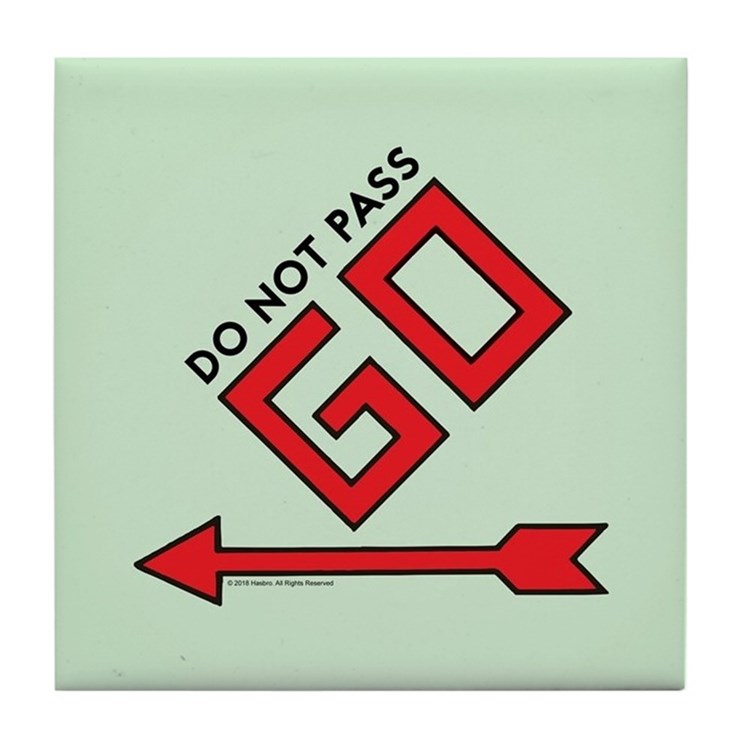Do Not Pass Go; Do Not Collect $3.1 Billion

The game of “Monopoly” is over– at least that’s what the Federal Trade Commission would have called it. Worried that CSL Behring would become too big after acquiring Talecris, and concerned that there was some antitrust issues, the FTC slapped the wrists of these two billion dollar plus companies and announced it would oppose the merger through the US courts, if necessary. Talecris management decided to withdraw from the $3.1 billion takeover deal by CSL Behring.
The US FTC opposed the proposed merger by alleging that the US plasma market was a tightly-controlled oligopoly, and that the merger would violate antitrust laws. CSL Behring has rejected these claims. The merger would have left CSL Behring the biggest plasma manufacturer in the world.
I read that CSL, Talecris and market leader Baxter International of Illinois have 83% of the US market for blood-based drugs; hemophilia plasma-derived products are included in this.
Just a little history: Talecris is the company formed in 2005 when Bayer spun off its plasma division. Bayer produced a plasma-derived factor VIII product called Koate DVI. Talecris inherited it and still produces it. It’s a big company, with 2008 sales of over $1.4 billion. It’s not big in hemophilia in the US, but it is a major player in the immune deficit disorders community.
The proposed sale to CSL Behring is no surprise. I’ve heard from the get-go that management at Talecris would expand the company, and then sell it and reap the profits. Private equity companies Cerberus Capital Management and Ampersand Ventures together bought the plasma division of Bayer for more than $300 million. And now it’s up for $3.1 billion.
So what happens now?
Well, we still have seven licensed manufacturers of factor on the US: Baxter, Bayer, CSL Behring, Grifols, Novo Nordisk, Wyeth and of course, Talecris. I wouldn’t be surprised if more mergers are proposed down the road but the FTC ruling might make it impossible to accomplish. Our community, our industry, is small and carefully watched. And the Obama climate seems to be very antitust-conscious.
Neal R. Stoll and Shepard Goldfein, in the New York Law Journal (November 19, 2008) note, “In his September 2007 statement to the American Antitrust Institute (AAI), President-elect Obama noted that ‘[a]ntitrust is the American way to make capitalism work for consumers.’ President-elect Obama emphasized that, ‘the [Bush] administration has what may be the weakest record of antitrust enforcement of any administration in the last half century,’ and he specifically cited lax merger enforcement for the rising cost of health insurance.” The authors then go on to say that antitrust laws are not good tools to effect economic engineering.
Read more about plasma derived products–their role in hemophilia history and today, in the next issue of PEN.

